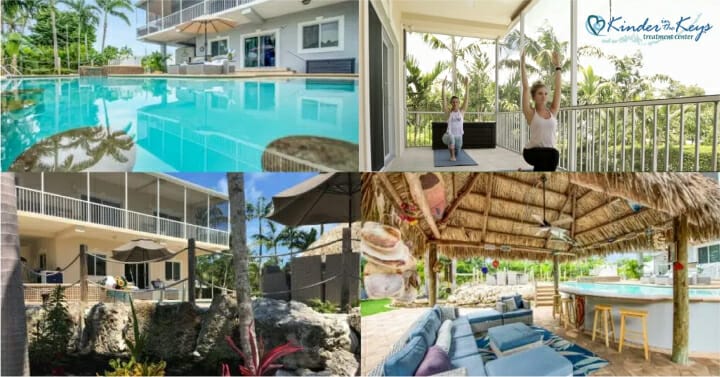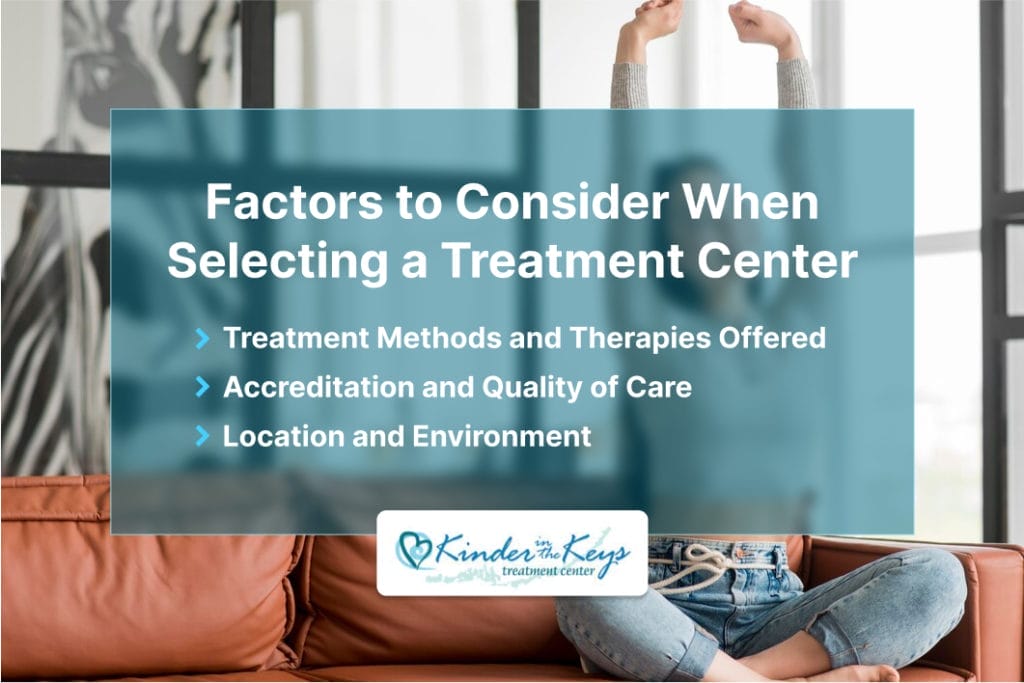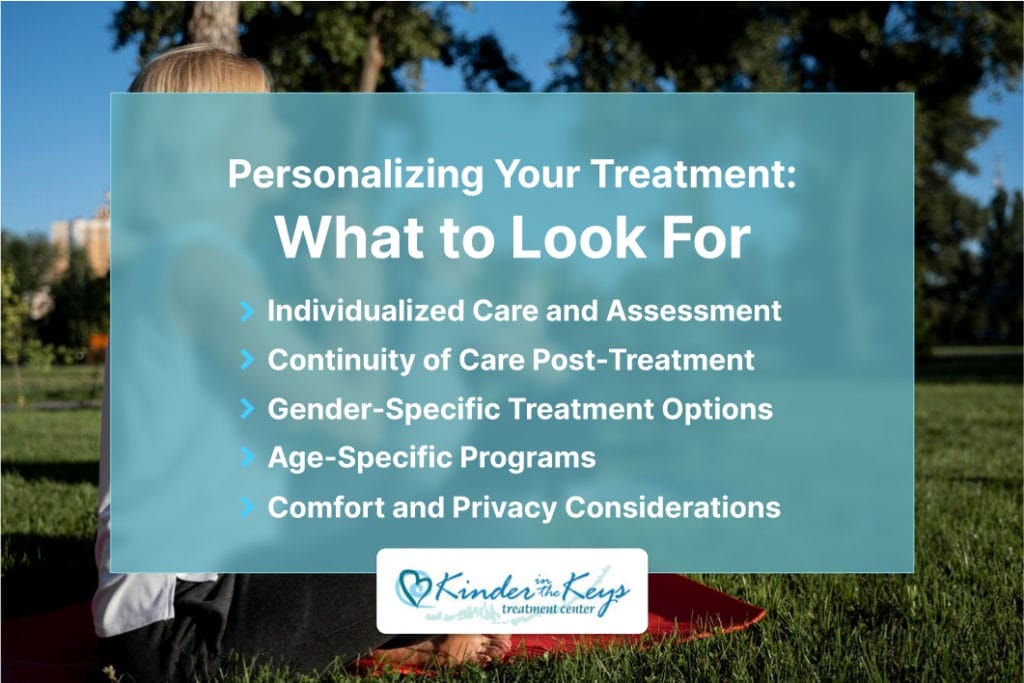Choosing the right inpatient anxiety treatment center can be a transformative decision in your journey toward mental well-being. These specialized facilities offer more than just a temporary retreat; they provide a structured, supportive environment where healing and personal growth can truly begin.
This guide will illuminate the nuances of selecting a center that resonates with your unique needs, blending professional insights with real-world considerations for a choice that can profoundly impact your life.

Understanding Inpatient Anxiety Treatment Facilities
Inpatient anxiety treatment centers provide a focused and intensive care environment for those grappling with severe anxiety disorders.
This approach involves residing at a specialized facility for a duration, immersed in a therapeutic setting, receiving individual therapy, group sessions, and possibly medication management.
- Intensive Therapy: In-depth individual and group therapy sessions tailored to address specific anxiety disorders.
- Structured Environment: A controlled setting that minimizes external stressors, enhancing focus on recovery.
- Professional Support: Constant access to medical and therapeutic professionals for immediate crisis management and ongoing support.
Understanding the Differences Between Inpatient and Outpatient Treatment
Inpatient Treatment:
- Requires staying at a facility for weeks to months.
- It is ideal for severe anxiety cases needing close monitoring.
- Provides a structured, supportive environment for focused recovery.
Outpatient Treatment:
- Allows living at home while attending therapy.
- Suited for milder anxiety cases or as a follow-up to inpatient care.
- Maintains daily life routine while receiving therapeutic support.
The Benefits of Choosing an Inpatient Program for Anxiety Management
Transitioning into the specific advantages of inpatient programs, it’s evident why they are a critical choice for those seeking a profound impact on their mental health journey:
- Safe and Controlled Environment: Offers a secure setting vital for individuals with severe anxiety, reducing daily life stressors.
- Continuous Support: Ensures immediate response to crises and consistent therapeutic support throughout the treatment.
- Community and Peer Support: Facilitates the creation of a supportive community where shared experiences offer comfort and encouragement.

Factors to Consider When Selecting a Treatment Center
Finding the right inpatient anxiety treatment center is about finding a place that provides effective treatment and feels suitable for you or your loved one. Many centers offer other services alongside anxiety, such as PTSD treatment, depression and trauma. Finding a center well-versed in these conditions will be greatly beneficial.
In this deeply personal article, consider these factors to help guide you to the best choice.
Treatment Methods and Therapies Offered
At the heart of any inpatient treatment center are its methods and therapies. It’s essential to find a place that offers a balance between proven, evidence-based practices and holistic approaches.
Evidence-based practices, such as Cognitive Behavioral Therapy (CBT) and medication management, have a strong track record in effectively treating anxiety.
Meanwhile, holistic therapies like mindfulness, art, and yoga cater to the whole person – mind, body, and spirit – and can add a comforting, nurturing dimension to the treatment process.
Accreditation and Quality of Care
The quality of care at a treatment center is paramount, and accreditation is a strong indicator.
Accredited centers have met rigorous standards, ensuring they provide a safe, caring, and effective environment for recovery.
Equally important is the staff’s expertise and compassion. A team of qualified professionals who understand the nuances of anxiety disorders can make all the difference in your treatment journey, offering skill, empathy, and understanding.
Location and Environment
The setting of the treatment center can significantly impact your healing process. Whether it’s the tranquility of a rural setting or the convenience of an urban location, the right environment can provide a sense of peace and comfort. A nurturing and supportive atmosphere that feels like a safe haven can help you or your loved one focus wholly on the journey to wellness.

Personalizing Your Treatment: What to Look For
Embarking on the path to recovery from anxiety in an inpatient setting is a deeply personal journey. As you seek a treatment center, finding one that tailors its care to your unique needs and circumstances is crucial.
Look for these key elements to ensure your treatment resonates with your journey:
Individualized Care and Assessment
In the realm of anxiety treatment, one size does not fit all. Effective treatment centers start with a thorough assessment to understand each individual’s challenges and goals.
This personalized approach ensures that the treatment plan developed is uniquely suited to you, addressing your specific form of anxiety with the most appropriate strategies and therapies.
Continuity of Care Post-Treatment
Continued support is crucial for ensuring a smooth transition back into daily life after inpatient treatment for anxiety. This ongoing assistance provides the necessary tools and support to maintain mental wellness.
Here are various kinds of continued support and how they help manage anxiety:
- Follow-Up Therapy Sessions: Regular post-treatment sessions help monitor progress, address new challenges, and reinforce coping strategies learned during inpatient care.
- Online Resources and Tools: Access to online materials like educational content, stress management tools, and mindfulness exercises can help manage daily anxiety.
- Family Therapy or Education: Involving family members in therapy or educational sessions can improve understanding and support within the home environment, fostering a supportive atmosphere for ongoing recovery.
- Lifestyle and Wellness Coaching: Nutrition, exercise, and sleep hygiene guidance can significantly impact overall well-being and anxiety levels.
Gender-Specific Treatment Options
Selecting a treatment center that offers gender-specific options can provide a range of benefits, enhancing the overall effectiveness and comfort of the treatment experience.
These benefits include:
- Tailored Approaches: Treatment plans in gender-specific programs are often designed to address the unique ways in which different genders experience and express anxiety, leading to more personalized and effective care.
- Enhanced Peer Support: Being in a group with others who may share similar gender-related experiences can create stronger peer support networks, which is crucial for emotional support and shared understanding.
- Focused Attention on Gender-Related Issues: Such programs can pay special attention to issues that are more prevalent or manifest differently based on gender, such as societal pressures or hormonal influences.
- Reduced Stigma and Stereotypes: In a gender-specific treatment environment, individuals might feel less judged and more comfortable addressing issues without the pressure of gender stereotypes.
- Opportunities for Deeper Exploration: These settings can provide a safer space for discussing sensitive gender-related topics, which might be overlooked in a co-ed environment.
Age-Specific Programs
A treatment center that offers age-specific programs recognize the unique challenges faced by different age groups – youth, adults, and the elderly – and tailor their treatment approaches accordingly, making the therapy more relevant and effective for each group.
Comfort and Privacy Considerations
Comfort and privacy in the treatment setting are vital components of the recovery process, particularly for individuals dealing with anxiety.
A center that prioritizes these aspects can positively impact your journey in several ways:
- Reduces Stress and Anxiety: Being in a peaceful and serene setting can significantly diminish the everyday triggers of anxiety.
- Promotes Relaxation and Mindfulness: Comfortable surroundings encourage participation in therapeutic activities, such as meditation and relaxation techniques, which are beneficial in managing anxiety symptoms.
- Encourages Openness in Therapy: In a private setting, individuals are more likely to open up about their struggles, leading to more effective therapy sessions.
- Improves Sleep Quality: Good sleep helps in regulating mood and stress levels, which are often disrupted in individuals with anxiety disorders.
Start Your Recovery in an Inpatient Anxiety Treatment Center Now
Whether it’s through tailored treatment plans, age and gender-specific programs, or the comforting assurance of ongoing support, these centers are equipped to help you confront and manage your anxiety in a way that’s best for you.
So, reach out, ask questions, and discover how Kinder in the Keys can support you on your journey to recovery.
The path to mental wellness starts with one bold move – make yours today.
